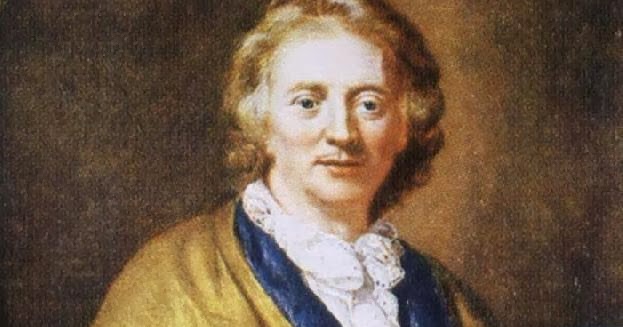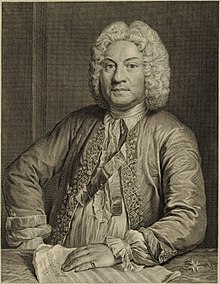François Couperin, often referred to as “Couperin le Grand” (Couperin the Great), was a distinguished French composer, harpsichordist, and organist of the late Baroque era. Born on November 10, 1668, in Paris, he hailed from a renowned family of musicians. His father, Charles Couperin, and his uncle, Louis Couperin, were both esteemed composers and organists, laying a strong foundation for François’s musical upbringing.
Couperin’s musical talent was evident from an early age, and he received rigorous training in composition and keyboard performance from his family members. He was particularly influenced by the French keyboard tradition, which emphasized elegance, refinement, and expressive subtlety.
In 1693, Couperin was appointed organist at the Church of Saint-Gervais in Paris, a prestigious position that allowed him to showcase his remarkable skills as an organist and composer. He soon gained recognition for his innovative compositions, which combined elements of French, Italian, and German musical styles.
One of Couperin’s most significant contributions to music was his development of the genre of harpsichord music. His collections of harpsichord pieces, such as “Pièces de Clavecin,” are masterworks of the Baroque era, displaying his exceptional talent for melodic invention, harmonic richness, and rhythmic sophistication. His compositions often reflected the spirit of the French court, with their graceful melodies and intricate ornamentation.
In addition to his work as a composer and organist, Couperin was also a respected teacher, and his treatises on keyboard technique and performance practice provided valuable insights into the musical aesthetics of his time.
Throughout his life, Couperin enjoyed the patronage of the French aristocracy, including King Louis XIV and his successor, Louis XV. His music was highly esteemed in French society, and he was regarded as one of the leading musical figures of his era.
François Couperin passed away on September 11, 1733, leaving behind a rich legacy of compositions that continue to be admired and performed by musicians around the world. His innovative approach to harmony, form, and expression exerted a profound influence on later generations of composers, solidifying his reputation as one of the greatest figures in the history of French music.


Comments are closed